Content from the Brookings Doha Center is now archived. In September 2021, after 14 years of impactful partnership, Brookings and the Brookings Doha Center announced that they were ending their affiliation. The Brookings Doha Center is now the Middle East Council on Global Affairs, a separate public policy institution based in Qatar.
With the world’s attention fixed by events in Syria and the diplomatic fall-out over the particularly acute crisis in Aleppo, Jordan’s announced commitment last month to a gas deal worth $10 billion—signed by the state-owned National Electric Power Company (NEPCO)—might have gone unnoticed, except for one thing. The NEPCO deal was concluded with Israeli suppliers at a time when public tension in Jordan over any form of normalization with their former Israeli enemies still meets public opposition.
After news of the deal became public, protests and demonstrations across Jordan gained momentum. State officials now confront some uncomfortable truths about the limits of cooperation in unstable and fragile times. Thousands of ordinary Jordanians have come together to demand revocation of the agreement: they’ve organized rallies, sit-ins, and a “mass blackout” to highlight their anger. Jordan’s lower house of parliament had also rejected an earlier commitment to the deal with Israel.
The real gas deal
Although it has been more than twenty years since Jordan and Israel signed a historic peace agreement to end decades of war, many visitors to the region could be forgiven for thinking that the two sides remain enemies; particularly at a popular level. Israel has sought to alter the status quo by orchestrating the terms of an economic peace that centers on the region’s growing demand for energy.
Jordan, for example, currently has to import 97 percent of its energy needs, including petroleum and other derivatives from Saudi Arabia. Jordan’s Energy Minister has stated his government’s intent to reduce such energy dependency by as much as 37 percent in coming years, but in the meantime this resource-poor state—which also hosts hundreds of thousands of Syrian refugees—faces growing energy demands.
Israel promotes itself as part of the solution to such energy problems. Through exploiting gas reserves it controls in the Mediterranean basin, it has hoped to conclude energy deals worth tens of billions of dollars with its Arab neighbors; including Egypt, the Palestinian Authority, and Jordan. Last year, such ambitions were temporarily stymied when civil society protest pressured the Palestinian Authority to cancel a $1.2 billion Israeli gas deal.
Leviathan
Jordan had already signed up to the Israeli deal in 2014, with a commitment over 15 years to import more than 1.5 trillion cubic feet of gas from the off-shore Israeli Leviathan gas field. At the time, it was estimated that the deal would yield Israel and other investors in the Leviathan conglomerate $15 billion. The Jordanian government knew there were political risks to the agreement, but clearly had not expected the levels of protest witnessed over the last month.
The Jordanian government knew there were political risks to the agreement, but clearly had not expected the levels of protest witnessed over the last month.
For Israel, the agreement seemed to demonstrate the extent to which its ambitions could be realized. The possibility of a political bonus—in the form of normalization with Israel’s Arab neighbors—has also spurred Israel to launch a public relations campaign. They also tried to soft sell the gas deal to international business markets. Investors need to see deals, but they also need to see deals in territories where the risk is low or at least manageable. The problem now is that Leviathan could become partly stranded assets for political reasons. The geological play containing Leviathan is thought to extend west into Cypriot waters, north to an area offshore of Palestine, and possibly as far north as offshore Lebanon. Whether a Palestinian claim to having a legitimate offshore acreage (usually based on length of coastline) will ever get acknowledged is becoming a moot point.
The outbreak of protest in Jordan, at a time when the country is already vulnerable to other forces and threats, such as an internal Salafi jihadi challenge and the influx of refugees from Syria, is unlikely to win investor confidence for its Israeli promoters.
Backdoor economic realities
The reality for Jordan, though, is that its energy demands are growing—not least because the population has swelled by as much as 10 percent due to the Syrian refugee crisis. Moreover, national debt management has meant cuts to energy subsidies. The budget deficit in Jordan is as high as $1.5 billion, and unemployment—especially among the young—is also rising.
Jordan has relied on Egypt for as much as 80 percent of its gas imports, but these were effectively disrupted over the last two years as the pipeline between the two countries underwent frequent sabotages by ISIS in Sinai and was rendered inoperable. The government claims that the Israeli deal will help reduce the nation’s electricity bill by as much as $600 million per year. For these reasons, the government will not easily relinquish the gas deal with Israel. Only a major and sustained outbreak of public protest—which could in turn harm the country’s fragile economy—could prompt decisionmakers to reconsider.
Peace, but not as we know it
Economic cooperation or other peace dividends normally associated with peace agreements have not exactly epitomized the era of peace between Israel and Jordan. For example, ambitions of joint tourist promotion and cooperation have floundered, as visitors have either veered away from visiting Israel (as it remains in violent conflict with Palestinians) or Jordan (as a buffer first to war-torn and occupied Iraq and then more recently Syria). Even much-vaunted qualified industrial zones between the two states have struggled to actualize economic sustainability and prosperity.
Add to this the absence of support more generally among ordinary Jordanians (the majority of whom are of Palestinian descent) for steps that encourage collaboration with a state that still occupies Palestinian and Syrian territory and remains in enmity with large swathes of the Arab world. The coalition against the current deal does not just include long-standing opponents of Israel—such as Jordan’s Muslim Brotherhood—but other civil society interests reflecting broader concern with a government that makes deals that are not representative in a parliamentary or societal way.
This exposes the limits of the public acceptance in Jordan of the peace deal with Israel. It further reveals that true reconciliation based on once-warring peoples accepting each other is as elusive as ever.
The Brookings Institution is committed to quality, independence, and impact.
We are supported by a diverse array of funders. In line with our values and policies, each Brookings publication represents the sole views of its author(s).


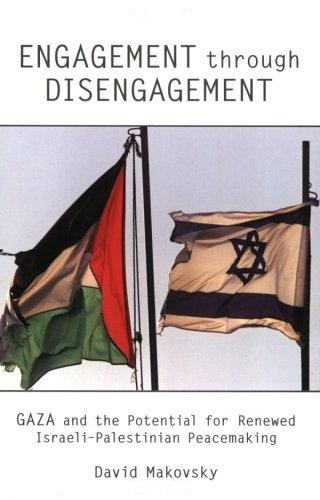
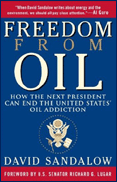
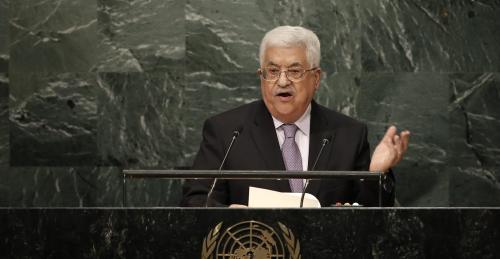

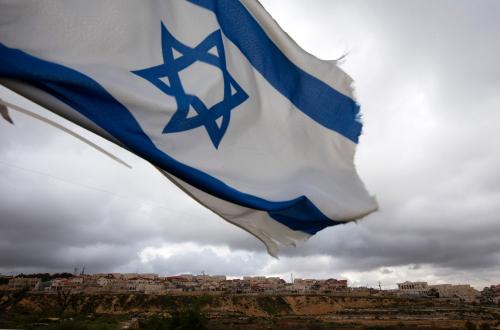

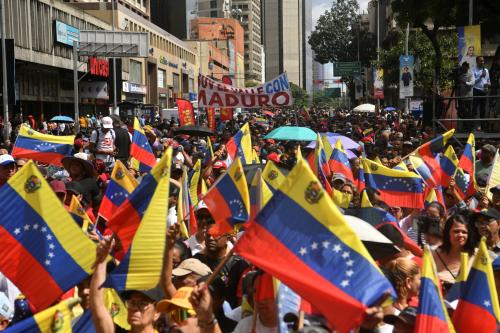
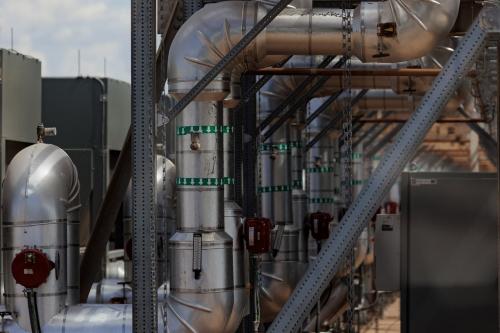

Commentary
Protests in Jordan over gas deal with Israel expose wider rifts
October 26, 2016